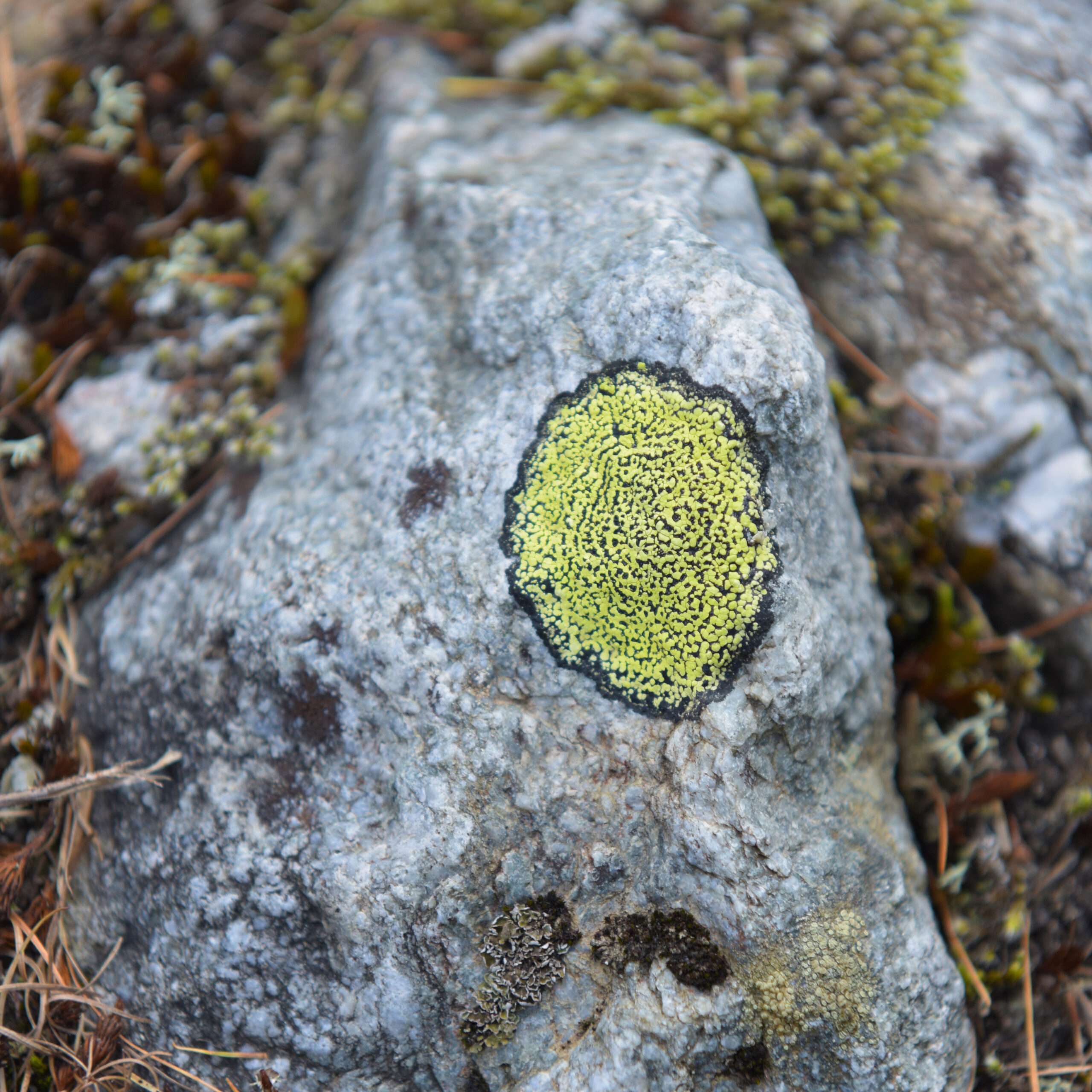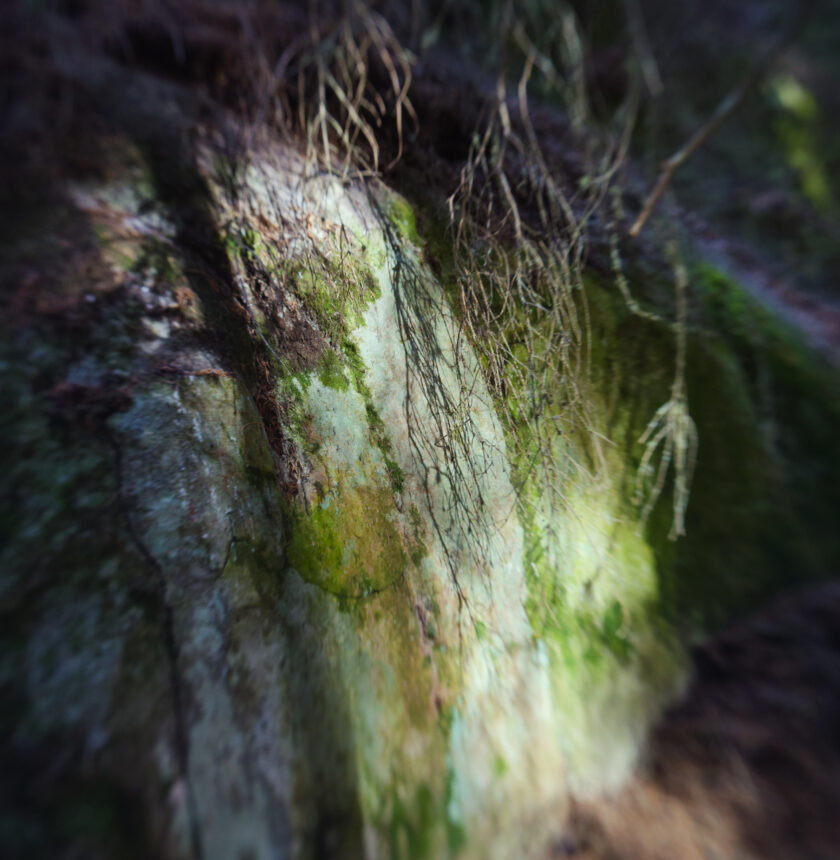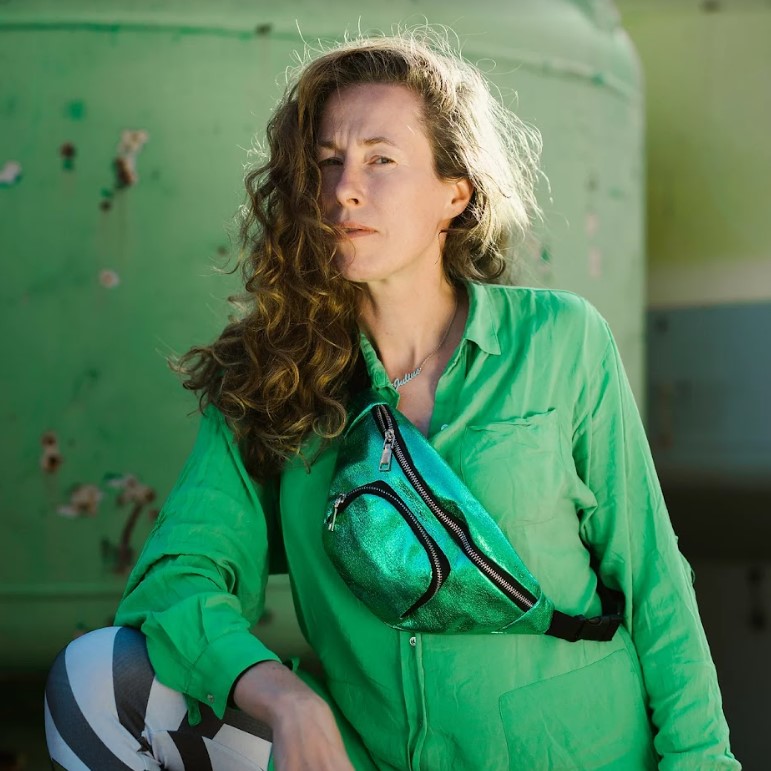An expo by Diewke van den Heuvel related to climate change. You can admire her work at TAC, Vonderweg 1, from 11 February to 26 March.
We are open every: Friday, Saterday and Sunday 14.00 – 19.00
Programme
25 February | Book launch Melting Heart | 3 pm | More info on the book
26 February | Book signing session | 3 pm – 6 pm
3/4 March | Book signing session | 3 pm – 6 pm
5 March | Book signing session | 3 pm – 5 pm
10 March | Book signing session | 5 pm – 7 pm
11 March | Workshop/open studio | 3 pm – 5 pm | More info
19 March | book signing sessions by appointment
26 March | finissage
Melting Heart
As a cultural breeding ground, we want to encourage residents to develop, realise projects and give them a place to organise exhibitions.
Diewke is one of our residents and has long been involved in both cultural and social issues in Eindhoven. Few people knew that she has also been working on her own project for seven years. For seven years she went to a glacier to witness the change of climate there, she recorded its beauty but also its movement. A poetic portrayal of an immense issue, for Diewke, a way to mourn a loss, a loss of the glacier she has been visiting for years, of nature and the climate changing.
But a project can only be considered a project if it becomes accessible to individuals beyond its creator. This is how the exhibition Melting Heart came about. Which marked a significant milestone for Diewke, putting her work on large canvas for the first time, collaborating with sound designer Ricky van Broekhoven, launching her book ‘Melting Heart’.
The music you hear during the expo Melting Heart is an ode to the glacier and created by Ricky van Broekhoven. The soundscape tells the story of the glacier in an abstract way, creating a kind of surrealistic environment. The sound elements are played and adapted in such a way that reality is transformed, it touches you as the sound changes from an outside atmosphere to an intense swelling that takes you deeper inside.
The music takes you on a journey, from the sound of a stream and alphen, getting closer and closer to the glacier’s waning and melting. A cowbell is used and fused with the music, even the crackling sound of ice is incorporated. The music makes you look at the glacier in a different way.
This expo marks Diewke’s first major art exhibition!
For us, the expo represents more than just climate change. The movement you see in the pictures reflects much larger concerns that come from all sides, are complex and multifaceted. Concerns that affect all generations anno 2023. . The pandemic, unique economic challenges such as high student debt, an uncertain labour market and shortage of affordable housing, and political polarisation, to name a few. Fortunately, many are committed to addressing these issues through advocacy, education and community engagement! We are happy to be able to give Diewke a stage in TAC with such a great project.
Why Climate change
Growing up, Diewke’s parents made her very aware of the disasters that happened to our Mother Earth. At home, they even gave thanks to her every evening before dinner. Even though thanking the earth and the sun for the food that they had on their plate felt very awkward when she was a teenager, nowadays, she is glad that her parents taught her to be appreciative towards Mother Nature.
When she grew up she wanted to become a dancer, but when her career at the dance academy ended earlier than she’d hoped, she decided to study Geography. Earth is vast and fascinating. We have been studying it for centuries but still do not know everything about it.
At the same time, Diewke was longing to do something with her creativity, so decided to go to an Academy of the Arts to study photography. There, two of her greatest fascinations came together. And many years later, her book was a baby that came out of these two interests.
But why the Aletsch glacier?
When Diewke took her first glance at the Aletsch glacier, after coming up the Riederalp, and the Moosfluh, this enormous natural phenomenon was amazing! “I never could have imagined this feeling back when I was sitting at my parent’s dinner table. It made me feel so small, and so connected. It felt as if I was meant to be there.”
She immediately fell in love; “I saw how the Riederalp mountains around Aletsch had risen from the tectonic plates of Africa and Europe, crashing into each other. It felt like all of Mother Earth’s secrets were hidden in the centuries of old ice between the plates. I can’t explain in words what it’s like, being amongst these giants, entering the caves of the glacier, walking over her. It’s magical. I never felt more connected to nature than here.”
For 7 years Diewke visited Aletsch, but not alone. As her parents wanted her to be aware of Mother Earth, she wanted to pass this heritage onto her son. “Every time I took him with me, to let him experience the beauty. But it also turned into a tragedy, one that happened in front of our eyes, as the glacier was melting at unnatural speeds.”
Melting glaciers all over the world influence their surroundings. The melting water turns into rivers that provide important minerals for life in those rivers. The water is used for farming, as a means of transport, and as drinking water.
But 2022 Aletsch melted disturbingly rapidly. A record in the worst way. Due to a dry almost snow-less winter, and a hot summer following, melting started earlier and lasted longer than normal. On top of that Sahara Desert sand covered the glacier, which melted the ice even faster. And even though we see the effects all over the world for years now, we watched, almost paralyzed.


With all our power and all kinds of techniques, some now try to keep the glaciers from melting at these unnatural speeds. But an insurmountable disaster is coming, and we can’t stop it. We can merely slow it down. But as Nadine Ridder says: “As long as sustainable life is reserved for a select group of people, we will not progress.”
Therefore, we must listen to indigenous native people. They are the keepers of Mother Earth; they have been doing that amazingly for centuries. Long before the white Europeans decided to take everything. It’s all connected, you can’t separate climate change from inequality, as it all derived from the piracy that we call colonialism.
But we are all part of Mother Earth, so how we treat her, is how we treat ourselves.
Therefore, she dedicates this book to her son, his generation, and to the generations after us. They must find their way to deal with the consequences of the mess we made.
About Diewke van den Heuvel
Calling her a photographer or filmmaker on its own, is not enough. Image making contains so much more, it also is a responsibility to think about who you give space to, who you show and how. What do you give back, learning from that and evolving as she is. She is not afraid to make mistakes and actively working on that. Fighting for equality in all layers of human beings. It is an inner search to become a better person for her surroundings, for the people around her and the world.
A lot of the research that she is doing has to do with learning how to be a good ally for people that are marginalized. How can she use my privileges for the greater good, give her platform to others and rethink her own position so we can grow together into a future without inequality.

Funding
This exhibition is funded by Constant van Renessefonds, Stokroos, Cultuur Eindhoven and Prins Bernard Cultuur Fonds/Tijl Fonds.